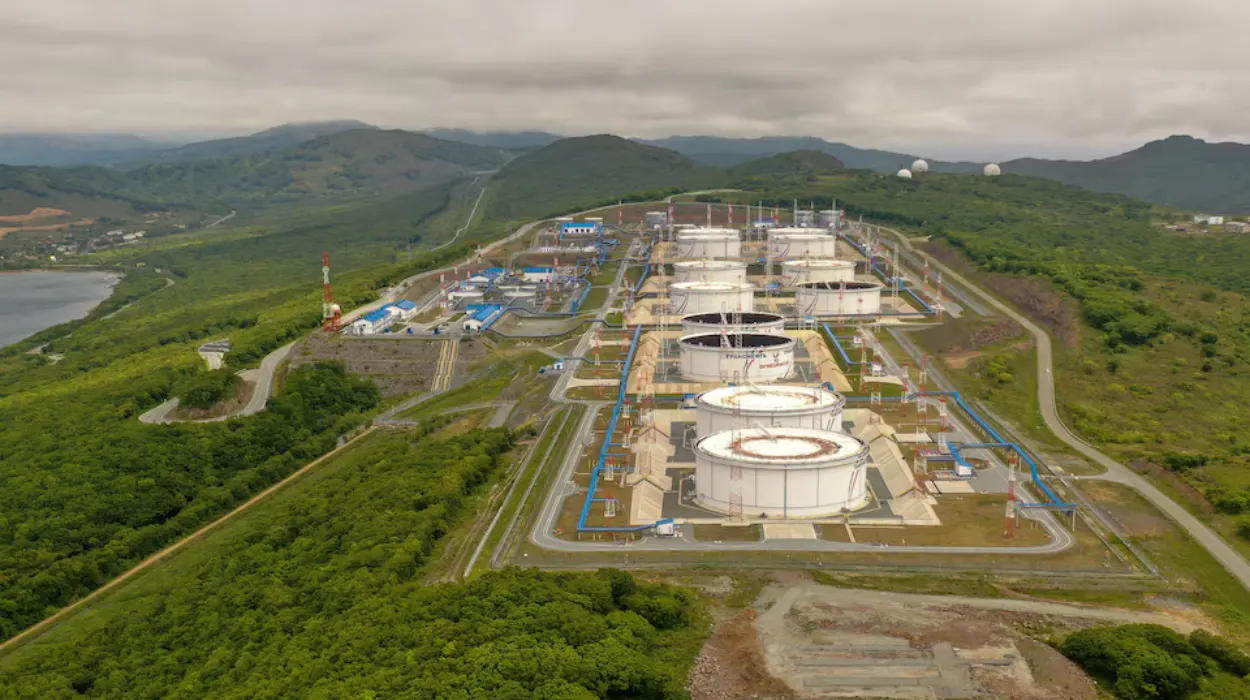Oil prices dropped nearly 2% on Monday following comments from Israeli officials indicating a desire to avoid escalating conflict in the Middle East after a deadly rocket strike in the Golan Heights. Brent crude futures settled at $79.78 per barrel, down $1.35 (1.7%), while U.S. crude futures closed at $75.81 per barrel, also down $1.35 (1.8%).
Two Israeli officials noted that while Israel seeks to respond to the Iranian-backed Hezbollah group, blamed for the attack that resulted in the deaths of 12 children and teenagers, they aim to avoid triggering a wider conflict. This restraint has led market analysts to believe that despite the seriousness of the situation, it is unlikely to escalate into a regional war.
John Kilduff, a partner at Again Capital, stated, “It seems like the market has come around to the idea that— even as horrific as these episodes are— they are not likely to cause a region-wide conflict.”
In response to the attack, Israel’s security cabinet authorized Prime Minister Benjamin Netanyahu to decide on the timing and method of retaliation, leading to Israeli airstrikes on targets in southern Lebanon.
Despite heightened geopolitical tensions, analysts noted that the absence of supply disruptions has limited positive price reactions in the oil market. UBS analyst Giovanni Staunovo remarked, “Despite renewed geopolitical tensions in the Middle East, the lack of any supply disruptions limits any positive price reaction.”
Chinese Demand and Global Oil Supply
Oil prices have also been affected by waning demand from China, which is the world’s largest crude importer. Recent data indicated that China’s total fuel oil imports fell by 11% in the first half of 2024, raising concerns about the overall demand outlook. Bob Yawger, director of energy futures at Mizuho, commented that “the economic problems in China are also sucking the juice out of the oil market.”
Additionally, prices fell last week due to operational issues at the Dangote oil refinery in Nigeria, which began reselling cargoes of U.S. and Nigerian crude after technical problems.
Markets are also closely monitoring developments in Venezuela, where President Nicolas Maduro reportedly secured a third term amid electoral controversy. The U.S. has indicated that it may adjust its sanctions policy towards Venezuela based on the election’s outcome.


